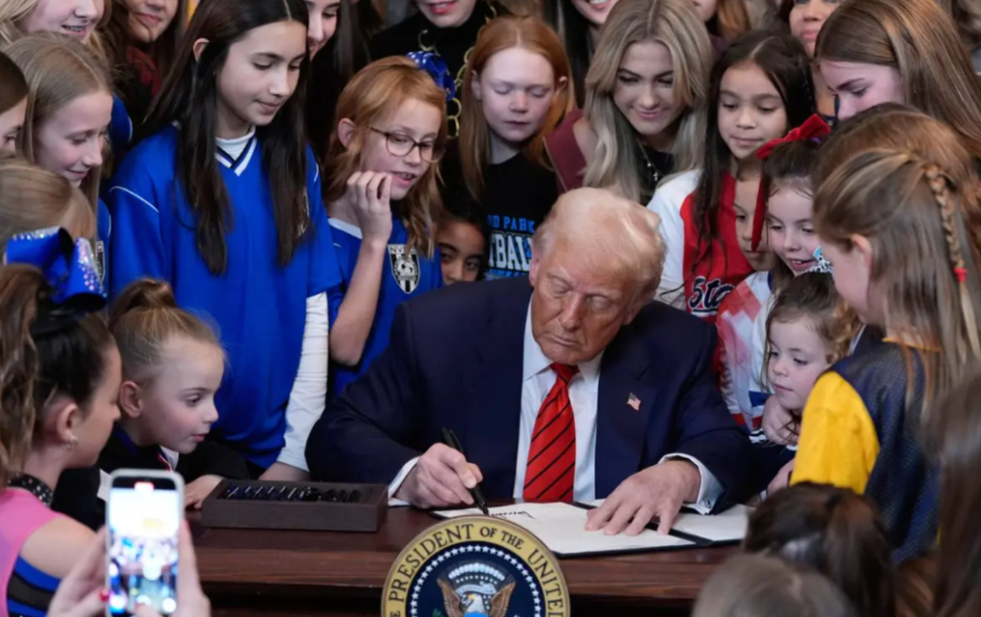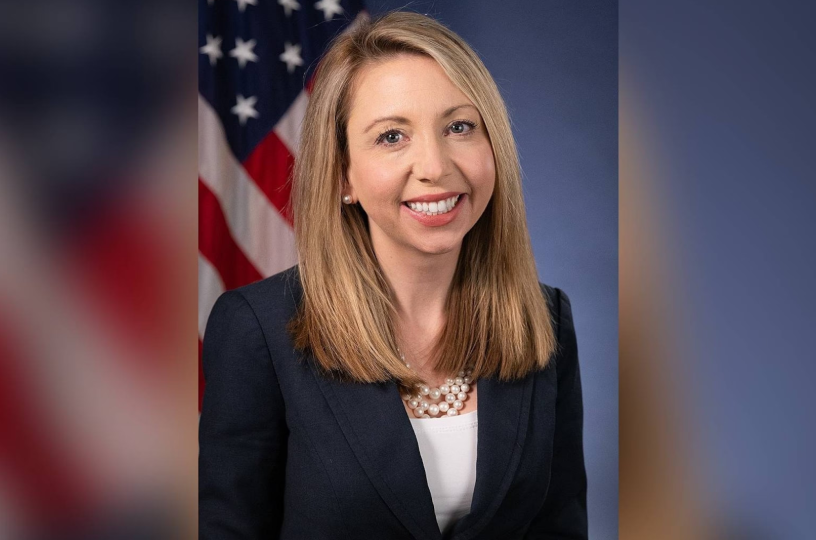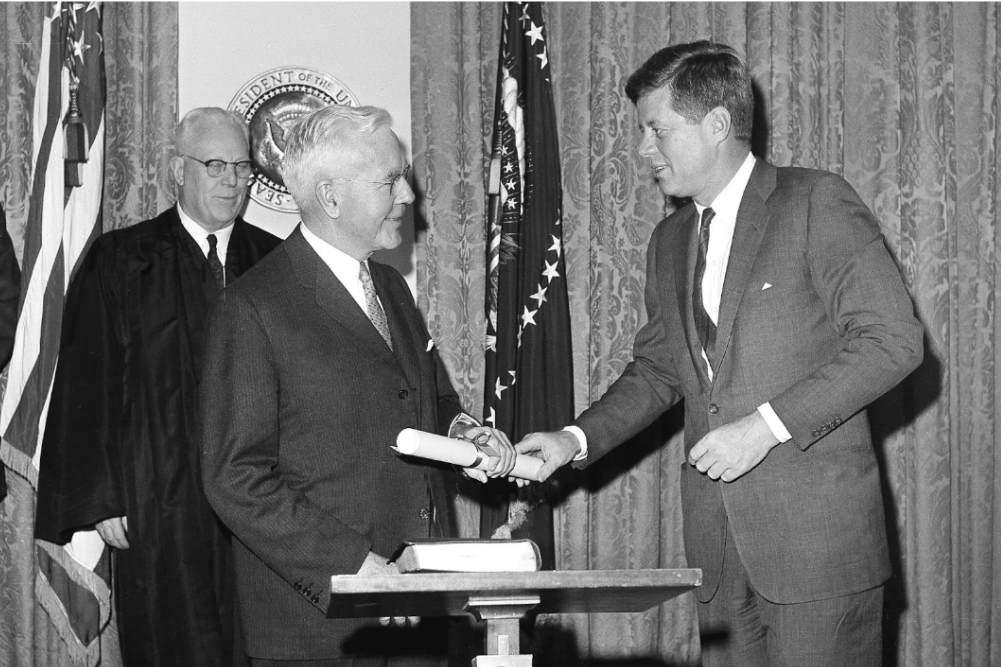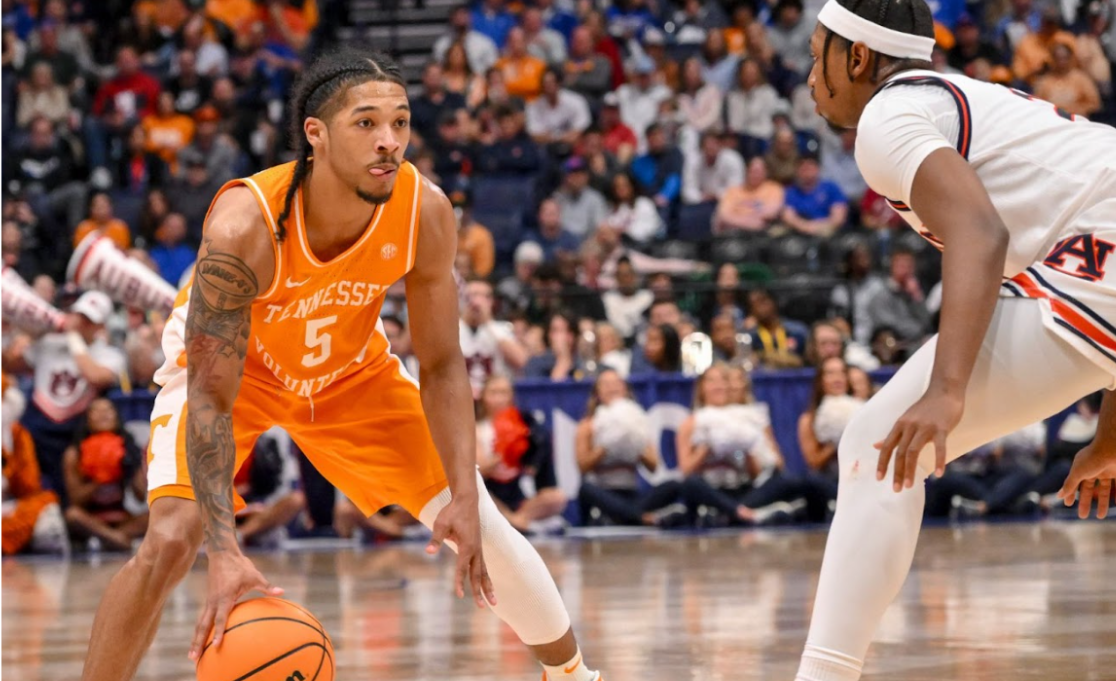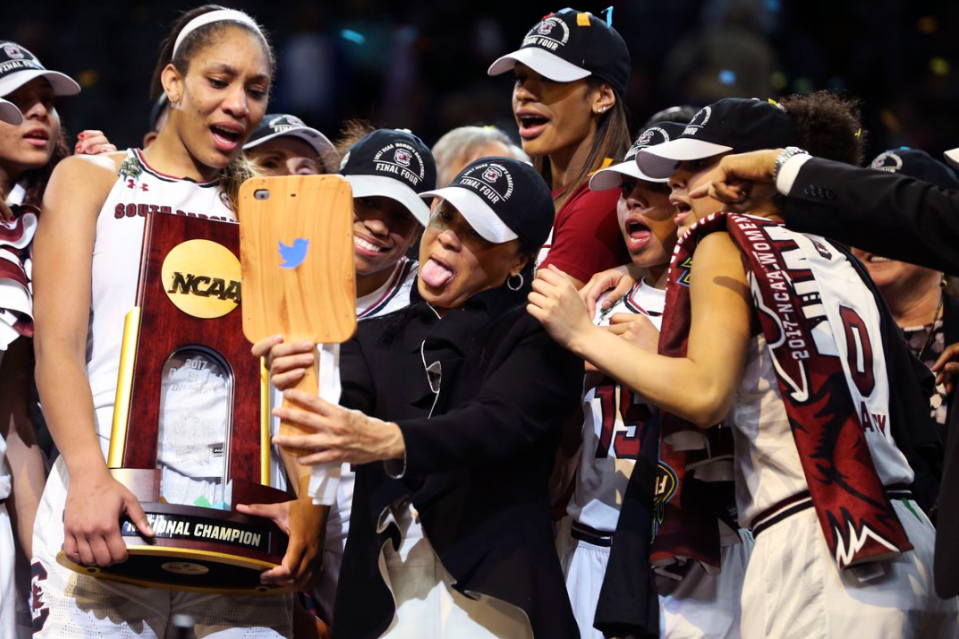On International Women’s Day, President Donald Trump signed an executive order that directs the Department of Education to withhold federal funding from schools that allow transgender athletes to compete in girls’ or women’s sports, as they would be violating Title IX by doing so. Trump explained how his signing of the executive order was directed to allow women and girls the equal opportunity to participate and excel in competitive sports.
Title IX is a federal law that bans sex discrimination in schools, and it has been interpreted in a number of ways regarding transgender athletes. In contrast to the Trump administration, the Biden Administration argued that Title IX’s goal to eliminate discrimination based on sex included discrimination based on gender identity, and issued regulations that ordered schools to respect the rights of transgender students. In sports, these policies allowed for the protection of transgender athletes who wanted to compete in sports that aligned with their gender identity and not their sex assigned at birth.
A day following Trump’s signing of the executive order, the NCAA revised its participation policy to only allow athletes assigned female at birth to participate in women’s sports. The change was controversial, with some arguing that the change discriminated against and dehumanized transgender athletes, and others criticizing the policy for not effectively banning transgender athletes, as citizens from 44 states are able to retroactively change their birth certificates.
South Lakes female athletes weighed in on the situation, and discussed their perspective on how the executive order would impact the future of women’s sports.
Marshall artist and track athlete, Sophomore Aryana Singh explained how she has conflicting opinions about the issue.
“I’m pretty split on the issue, because I can understand the point where people think that transgender athletes have a genetic advantage, but then also, if you’re taking hormones and transition to a point where you have the same amount of hormones and strength levels as female athletes, then I could understand that perspective as well,” she said.
A sophomore ballerina who chose to remain anonymous shared how she doesn’t believe that transgender women should be able to compete in women’s sports.
“Transgender athletes who are assigned male at birth have a biological advantage over women, which is not something that any amount of hormones can change. I don’t think it’s fair to female athletes who train hard to compete in their sport to have no control over being blown away by competitors who were assigned male at birth,” she said.
Sophomore cheerleader and former competitive ice skater Alden Walcott shared how, though she agreed that transgender athletes should not compete in women’s sports, she believes that the issue is spotlighted more than it should be, and that they should still be able to compete in a division created for them.
“I feel like this subject has become so much of a political debate that we’ve kind of neglected how transgender people feel about it. I think a solution to the issue that would promote inclusivity would be to have separate competitions for transgender athletes to compete with other transgender athletes, which would give them a way to compete in sports without being criticized or alienated from competitions. I think sports should be kind and inclusive to everyone, especially since it’s such a stressful and competitive atmosphere,” she said.
A tennis player who chose to remain anonymous explained how her experience of practicing with boys tennis players shaped her opinion on the issue.
“It’s really hard for me to gain muscle in my arms, and I know that their genetics make it easier for them to have a stronger upper body [than female athletes]. We do practice matches against them, and we’re not the same size, so it’s not an even competition,” she said.
A swimmer who chose to remain anonymous elaborated on how an NCAA Division I championship swimming race, won by Lia Thomas, a transgender freestyle swimmer assigned male at birth who transitioned for two years before competing on the UPenn women’s team, sculpted her perspective on the issue.
“[I thought it was unfair] when Lia Thomas, who had a biological advantage, competed against other women and started setting new records, whilst taking away medals and awards from women who have trained their entire lives to compete for them.
Lia Thomas’ controversial win, being the first time an openly transgender athlete won a NCAA division I title, highlighted the ongoing debate about inclusion and fair play in women’s sports.
President Trump emphasized that his signing of the executive order was aimed to “preserve fairness and safety in women’s sports,” according to Trump’s article on the official White House website.
The executive order, however, faces legal challenges from federal courts, as a federal judge from New Hampshire ruled that two transgender high school students can challenge the constitutionality of Trump’s order through a lawsuit.
The Virginia High School League (VHSL) announced on February 10 that it would comply immediately with the executive order.







